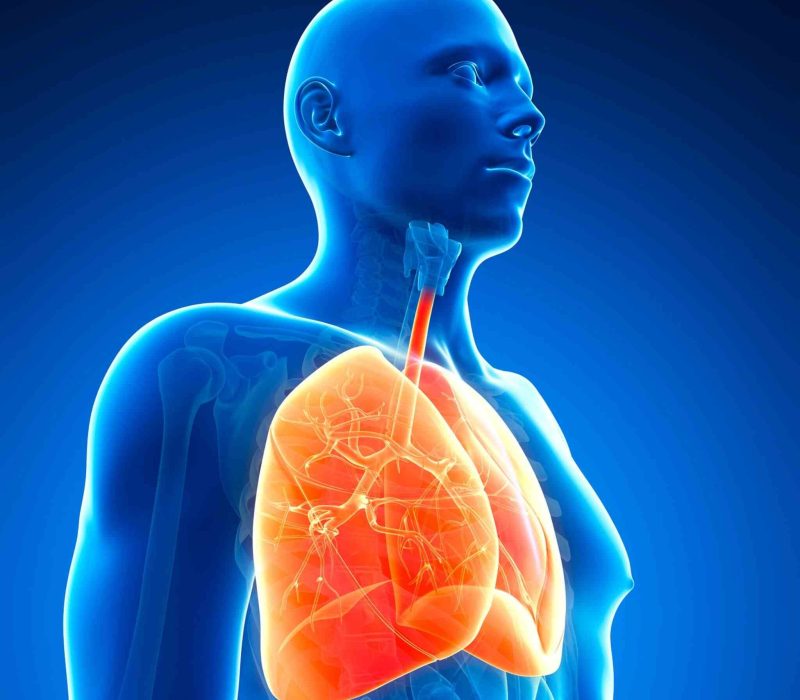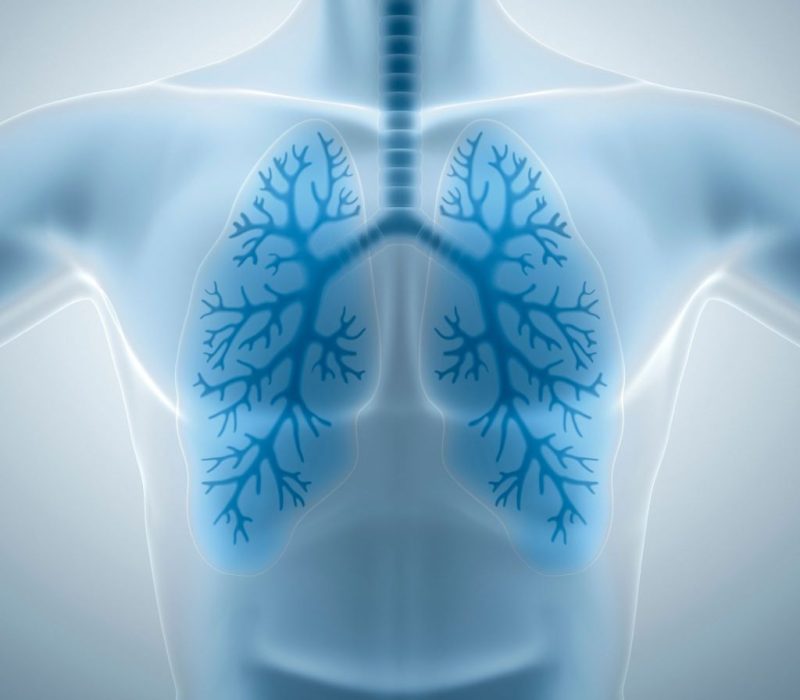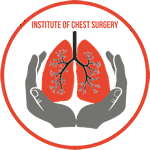Call Us
+919999461292
MBBS | DNB (General Surgery, Gold Medalist) | DNB (Thoracic Surgery, Gold Medalist)
Thoracic & Lung Transplant Surgeon | Medanta – The Medicity, Gurugram

Dr Mohan Venkatesh Pulle
MBBS | DNB (General Surgery, Gold Medalist) | DNB (Thoracic Surgery, Gold Medalist)
Thoracic & Lung Transplant Surgeon | Medanta – The Medicity, Gurugram

Menu


